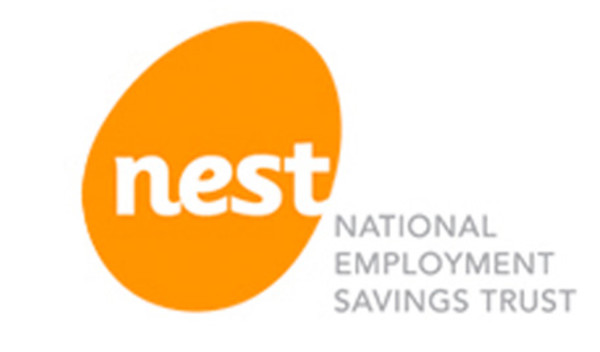

The National Employment Savings Trust saw its expenditure after interest and income increase in 2016/17 to £87m.
Nest had total expenditure of £119.9m while its total income was £32.9m.
The government-backed pension scheme saw its financial black hole increase in size on the previous year from £79.7m.
This is currently being filled by a loan from the Department for Work and Pensions which has reached £539m in size.
Nest’s annual report and accounts for 2016/17 predicted that this loan would reach a maximum of £1.2bn in size by 2026 at the latest and would be repaid by 2038.
The report said that while there were “a number of uncertainties” in forecasting the future of the loan and its eventual repayment, the progress of auto-enrolment meant Nest had moved from “a position of uncertainty” to one of “stability”.
Helen Dean, the chief executive of Nest, said: “I have a real sense of pride in what Nest Corporation has achieved in this past year.
“In particular, I am delighted that we have continued to meet our public service obligation even with the unprecedented rise in employers knocking on Nest’s door. “We regularly see volumes of a thousand employers signing up with Nest in a single day.”
Nest has now reached £1.7bn in assets under management with 327,000 employers having set up an account with Nest.
During the last financial year more than 240,000 employers and more than 1.5m members joined the scheme.
Otto Thoresen, the chairman of Nest, said: “Despite volatile conditions in 2016/17, we’re pleased to report that investment performance has remained strong.
“We reached our five year investing anniversary this year and the long term returns for members are comfortably on track.
“As we grow, we continue to look with great rigour at the sophistication of our investment risk management and to develop our position as a responsible investor.
“To that end, we have further diversified our investments by issuing a mandate for a high yield bond fund.”
Nest reported member contributions of £255m for 2016/17 compared to £157m for the previous year.
Including contributions from employers and HM Revenue & Customs, this brought contributions to £664m – up from £419m in the previous year.
The change in market values of investments was £205m compared to £17m the year before.
damian.fantato@ft.com



